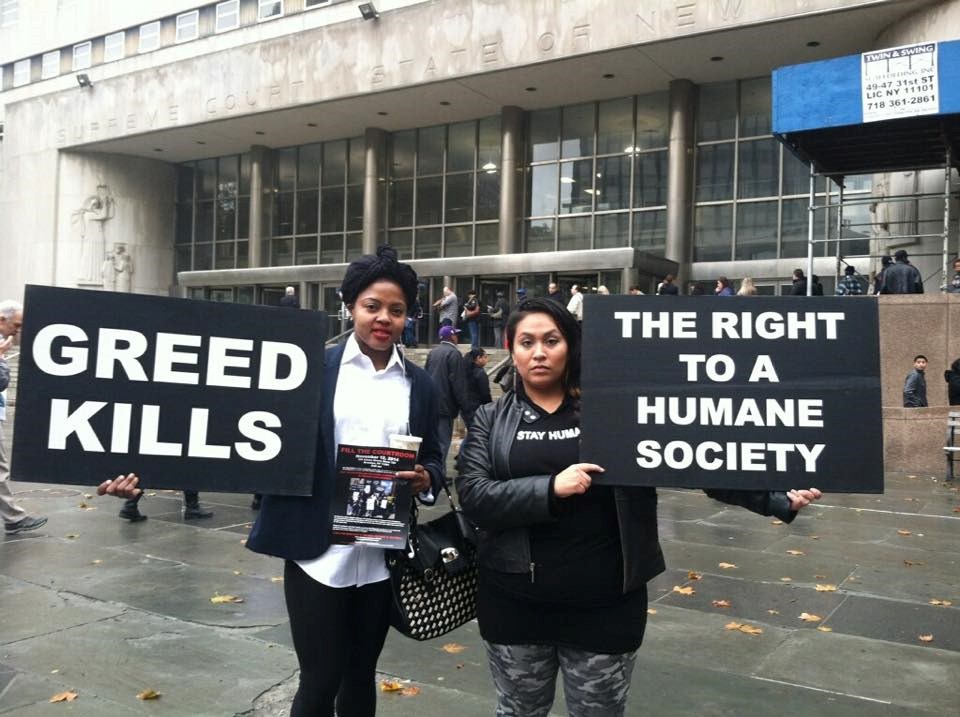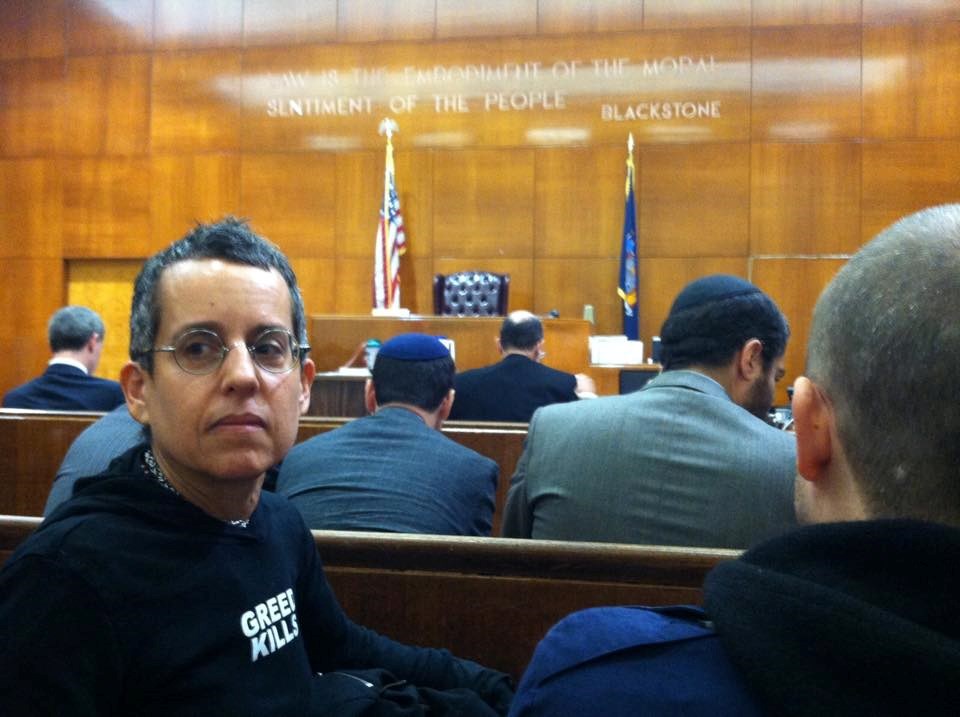Haysha Deitsch bought a building full of senior citizens in 2006 for 40 million dollars. He is selling it in 2014 for 76.5 million, nearly twice that much.
It had for many years been a senior residence, once called The Madonna Residence and run by the Carmelite nuns. Deitsch knew when he invested his 40 million in quality care for the elderly that the tax abatement on the building was set to expire in 2012.
At that point, he could claim, and he did, that he had to sell the building because his taxes just jumped from $200,000 to over a million annually. But shortly before that, Deitsch got a license from the New York State Department of Health (DOH) that turned the senior residence into a legal assisted living facility; with the added benefit to Deitsch that the seniors' individual leases were then nullified. When Deitsch sought and received in 2014 an official closing notice from the DOH, he could go out of business in one fell swoop, without having to confront tenants with leases.

Sugar Hill Capital, knowing a good deal when it saw one, in January 2014, offered to buy, on the condition that the seniors be evicted. But all the while the deal was being consummated, Deitsch's company continued to sign up new seniors to move to the building, assuring them and their families of perpetual care. Then on March 14, 2014, he announced the building's closing.
He gave its 122 elderly and infirm residents (some of whom had just moved in, others who had been living there for years) 90 days to vacate. One Prospect Park West was set to become a luxury condominium and Deitsch was set to walk away with 36.5 million over his initial investment.
But, standing between the Deitsch and Sugar Hill Capital, the buyer of this 76.5 million property, are eight senior citizens the oldest of whom is 107. I suppose we might call them old people. Eight old people are making a last stand by occupying their apartments in what was supposed to remain, but for the almighty dollar, their senior assisted living home at One Prospect Park West right across from Prospect Park, the Brooklyn Public Library, and multiple transportation hubs, thus a prime location.
The existence of these eight old people refusing, or unable, to move (Brooklyn is notoriously low on assisted living facilities) is in the way of 76.5 million dollars changing hands. That's 36.5 million dollars over the 2006 purchase price, in just 8 years, imagine. Haysha Deitsch, cannot wait to close the deal. His large team of lawyers is in court this morning, November 12, to try to force the buyer to pay up despite the presence of the eight old people clinging to their homes. Deitsch has done his best to clear his property of these pesky elderly. He gave them 90 days notice to vacate last March.
Seven of the residents conveniently died, opting for eternity rather than uncertainty. Since June, Deitsch has upped the pressure on the remaining eight Occupiers by cutting basic services, firing caretaking staff, serving up rotten food, turning off hall lighting, painting opaque the windows of heretofore common spaces. Thus, there is also a complaint against Deitsch for contempt of court working its way before Judge Wayne Saitta, brought by the families of the current and recently relocated residents. Deitsch had been ordered to continue to supply adequate care.
All this brouhaha about old people has very much upset Sugar Hill Capital, which was eager to begin conversion of the building into luxury housing for the wealthy and thus in a few short years make a considerable profit over their 76.5 million purchase price. But Sugar Hill Capital doesn't want the old people. Sugar Hill believes Deitsch should use some of his profits from the 76.5 million deal to relocate the remaining eight—against their wills. The buyer is in court trying to wriggle out of the deal, except they've already given Deitsch a lousy $7.5 million down payment that he wants to keep.

Deitsch believes that a mere eight old people ought not to matter to the buyer very much. His large team of lawyers makes the case that Sugar Hill is obligated by law to go ahead and close the deal. After all, Sugar Hill knew they were buying old people's homes out from under them. Now there are now only eight of them left, so what's the problem? The seller, operating in good faith, has gotten rid of the rest, including those seven who conveniently chose the moment to go their eternal resting place, rent-free, rather than be evicted somewhere.
It's sort of like finding just eight roaches after the exterminator has come. The seller thinks the job's been done. The buyer fears the remaining infestation. What is the buyer going to do with eight old people in a new luxury condominium? What lobby will they use, what entrance way? How might the presence of eight old people upset the new luxury condominium owner's, being a reminder of the very mortality great wealth is meant to obviate?
Judge Saitta wants to figure out a way to close this deal. After several hours of patient listening, he suggests private, closed door meetings with him and the two large legal teams of buyers and sellers, and the Legal Aid and other lawyers for the Occupiers, also, the DOH has lawyers present, as they are implicated, in order to arrive at a compromise--someone must take these old people, some provision must be made. The immediate fate of the eight old people hangs in the balance (their ultimate fate like all of ours is known but doesn't seem to be coming quite fast enough).
Will they be allowed to live out their lives in spaces and at a location that they know? Will they be bundled up and moved somewhere else? Where? What should the judge do about these eight old people who are blocking 76.5 million dollars from changing hands? November 24, Judge Saitta will finally hear the complaint brought by the remaining residents and concerned family. Right before Thanksgiving they shall learn where they will be allowed, or forced, to live.



